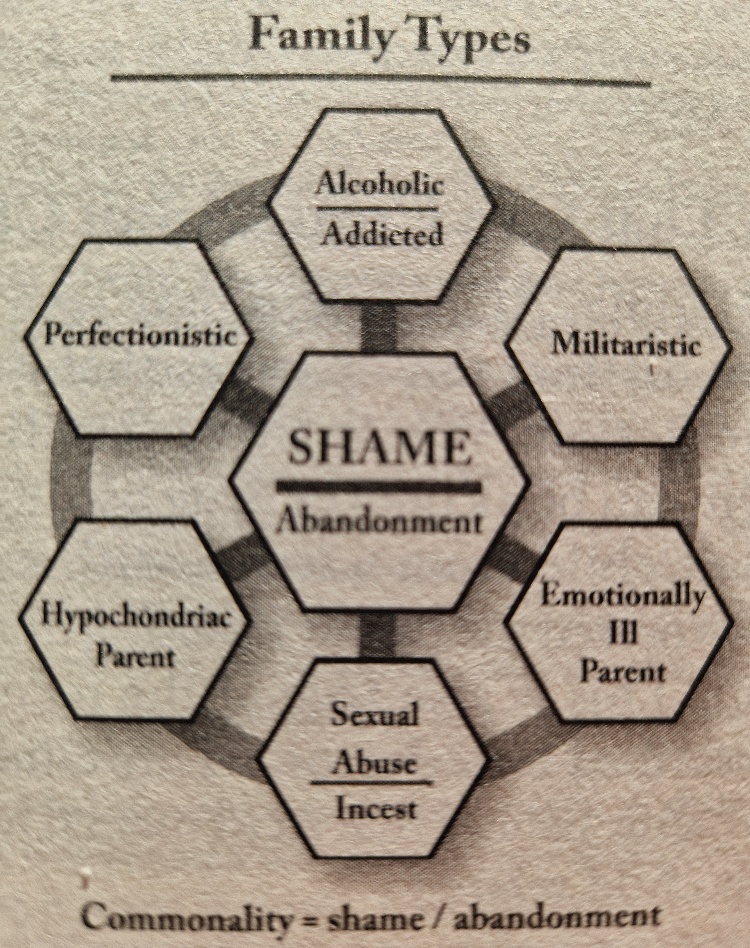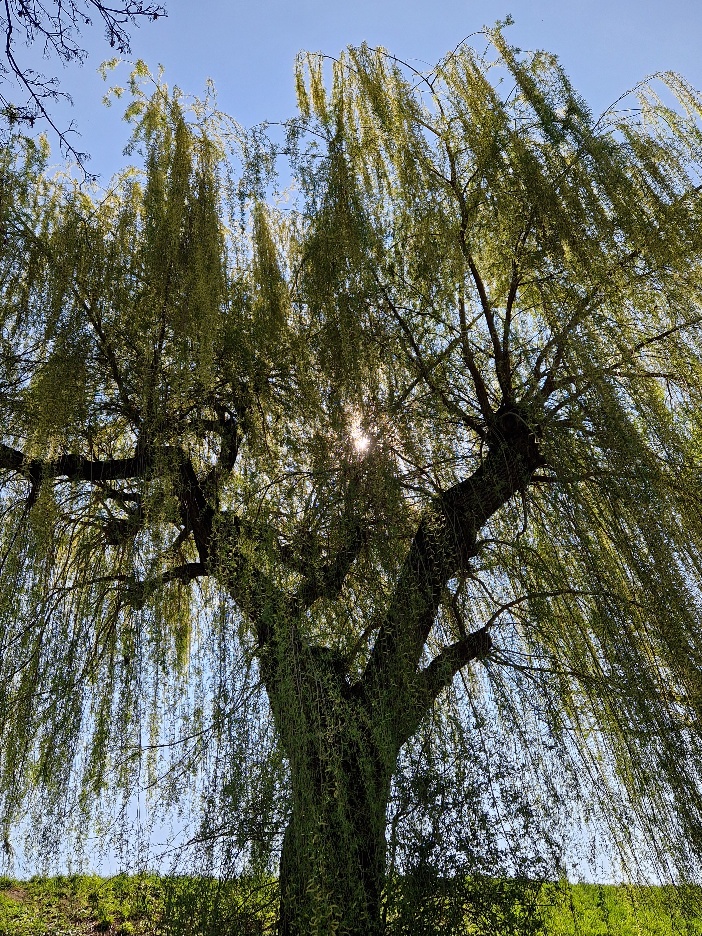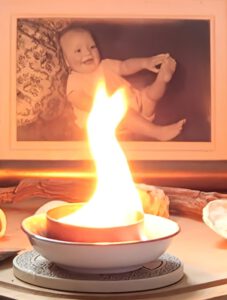Having worked with both young and adult-aged children, age is irrelevant when it comes to the issue of loyalty. People of all ages are so afraid of betraying their parents. Speaking your truth, owning your reality is not an act of betrayal with your parents. There is betrayal, but the betrayal is with the (family) disease, the disorder, the dysfunction. To not own your reality or to not speak your truth is the ultimate act of betrayal to yourself.
Claudia Black
We are more alike than we are different. Our experience shows that the codependent rupture which creates an outward focus to gain love or affirmation is created by a dysfunctional childhood. It is the same rupture among adult children of all family types. This soul rupture is the abandonment by our parents or caregivers. The abandonment sets us up for a life of looking outward for love and safety that never comes….
In recovery we address our `addictiveness´. With addictiveness we tend to use almost everything in our path to cauterize our continual bleeding of the soul. Food, sex, drugs, work, spending, religion, and people are fair game for the codependent ACA trying to feel safe and loved.
ACA Big Red Book, Pg. 60
We don’t see things as they are, we see them as we are.
Anaïs Nin
In response to recent essays, I have had several very fruitful and inspiring conversations with readers about the nature of childhood experience. Some readers have questioned whether the child was really abandoned by the parents or simply felt that this had been the case.
As a side note, it is perhaps helpful to state that the Adult Children of Alcoholics (ACA) Twelve Step programme, founded in the late 1970’s, is intended to support the recovery of any child who grew up in a dysfunctional home, whether active addiction was present or not. It can benefit any person whose childhood experience had features which created the early loss of security and the sense of self-failing that characterize addicted homes (see photo above).
Of critical importance in this respect is the `reality´ as experienced by the child in the given situation and how this experience distorted his perception of his place in the world, especially in terms of self worth. Even more important than the experience itself is the belief system we each fashion from such experiences.
If the innate groundedness in our being, – our essential sense of worth and the nature of oneness with all of creation – has been ruptured, we will begin to believe that we must earn the love we need, the love that every child needs, to survive, not to mention thrive. In truth, this love is our birthright. It can never be `earned´.
Any love earned is `conditional love´. This is an oxymoron. What is conditional is not love. Though perhaps well-meaning, it is a fear-driven mechanism whereby control is exercised. That is the opposite of love.
That belief, that we must earn love, is the root of shame. While guilt is a distressing feeling related to what we have done (or not done), shame is the distressing feeling related to who we are (or are not). While we can change our behaviour, we cannot change our essential nature, nor should we even try.
How do we arrive in this double bind? In tricky situations such as that described below, the young mind and heart of the child are sometimes confronted with two possible explanations: either my caregiver is inadequate or there must be something fundamentally wrong with me. The former explanation is too much for a young child to bear, – too dangerous in the light of our utter dependence and therefore overwhelming – so our sense of self becomes ruptured.
In a recent essay, I described a toddler who had gone to his parents’ bed after his sleep had been disturbed by terrifying nightmares. When, after being consoled by his parents in their warm bed, he was returned to his own cold bed by his father and left there on his own, he felt abandoned.
He experienced abandonment, though there was no such intention on the part of the adult. `I am not worthy of the love and attention on which my existence relies´ is a typical belief that may result from such experiences.
In the case of my family, I have no doubt that our parents did their utmost to provide a loving, caring environment for their ten children, of which I was the fifth. Nevertheless, circumstances determined that there were instances in which abandonment was experienced.
In later life, our reactions, especially under stress, tend to revert to the fear-driven defaults we developed in the formative years of childhood development, i.e., before our fifth birthday. This observation is true of all humans, even our own parents.
Since many of us grow up with parents who themselves experienced adversity (neglect, abandonment, humiliation, etc.) in their early years, the chances are that some of us will have, as young children, undergone that codependent rupture which prompts us to look outside ourselves to gain love or affirmation.
The outward focus on people, places, and things – as the presumptive wellspring of the love and sense of belonging we so strongly yearn – this erroneous attitude is a major cause of subsequent suffering in later life.
My own children, despite my best intentions, experienced similar wounding at my hands. None of us are saints. At times, we all screw up. The key question is the cultivation of awareness. With awareness we can catch ourselves on the cusp of potentially hurtful behaviour and change course in real time – thereby heading off an act or words that might have caused harm.
And even in scenarios when we do get hijacked, those who have cultivated higher levels of awareness can quickly realize their missteps and initiate the healing process with the child `before the sun goes down´, so to say. Parents sincerely apologizing to their young children for such missteps is still a novel concept for many of us.
Twelve Step Recovery is one process which can help us attain the necessary awareness and acquire the resources needed to achieve such goals. PQ Mental Fitness is another. Meditation, contemplation, yoga, bodywork, and a wide array of therapy forms, many recently developed, can also be beneficial in this respect.
The process of recovery is primarily a process of inner work on self. We do not recover to change our parents, our partners, or the world. We recover to grow in awareness. We recover to develop a new pair of glasses through which we view the world more objectively. And we recover to establish and practice new behaviours. In short, we do the work of recovery that we might be changed.
With the correction of our distorted view, we can begin to learn to live life on life’s terms, responding with compassion and awareness rather than reacting blindly, thus causing far less harm than when we were driven by countless forms of fear.
With growth in awareness comes heightened mental fitness. We develop the hitherto nascent resources of Empathy (compassion), Explore, Navigate, Innovate, and Activate, the so-called PQ Sage Powers. We adopt a new perspective which states that challenges contain gifts and opportunities which we can identify, unpack, and utilize.
We develop an early warning system to anticipate and intercept the fear-driven Saboteurs such as Judge, Controller, Stickler, Pleaser, and Victim. With empathy for how these Saboteurs originally came into being and gratitude for their service in keeping us alive throughout childhood, we can now make an inventory.
Once complete, we can separate out those characteristics which are no longer serving our healing and growth. These need to be relinquished, which is achieved with practice over time. Efficacious characteristics can be retained and further developed.
One of my favourite exercises in the PQ Mental Fitness modality is the childhood photo exercise. In the photograph, we contemplate the infant or toddler we once were and realize our essential nature: we see that we still have all the Sage Powers deep within. In this cognizance, we can better call upon them in times of stress.
This exercise can be equally effective if done with childhood photos (real or imagined) of our partner, siblings, even our parents. By developing compassion for each member of the household in which we grew up, we can put the issue of betrayal to rest. By mutually embracing our distinctiveness of perception and realizing our common humanity, any residual loyalty conflict is dissolved.
This does not prevent us from recognizing harmful behaviour for what it is and, where appropriate, calling it out. It simply puts it into the context of the multi-generational dysfunction which we then address, in discernment rather than blame, with a heightened sense of purpose.
Our loyalty is to the truth of the Human Condition, and our ability to help each other recover, heal, grow, and evolve for the benefit of all of humanity and the planet we call home.
Photo © ACA Big Red Book










